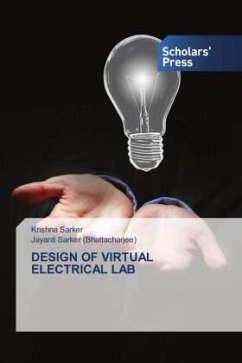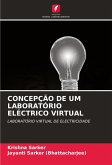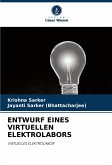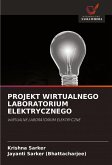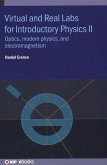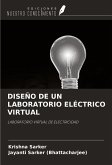The design of a virtual electrical lab offers a myriad of advantages that contribute to a rich and effective learning experience. One key strength lies in its accessibility-students can access the virtual lab from anywhere, breaking down geographical barriers and allowing for flexible learning schedules. This democratization of education ensures that individuals, regardless of their location, can engage with practical electrical experiments. Moreover, the virtual electrical lab provides a safe environment for experimentation. Unlike traditional labs, there's no risk of electrical accidents or damage to equipment. This promotes a stress-free learning atmosphere, encouraging students to explore and experiment without fear of negative consequences. This safety aspect is particularly crucial in nurturing a student's confidence in handling electrical concepts and applications. Interactivity is another standout feature. The virtual lab can simulate a wide range of scenarios, allowing students to experiment with different parameters and observe outcomes in real-time. This hands-on approach enhances understanding and retention, as students actively participate in the learning process.
Bitte wählen Sie Ihr Anliegen aus.
Rechnungen
Retourenschein anfordern
Bestellstatus
Storno

